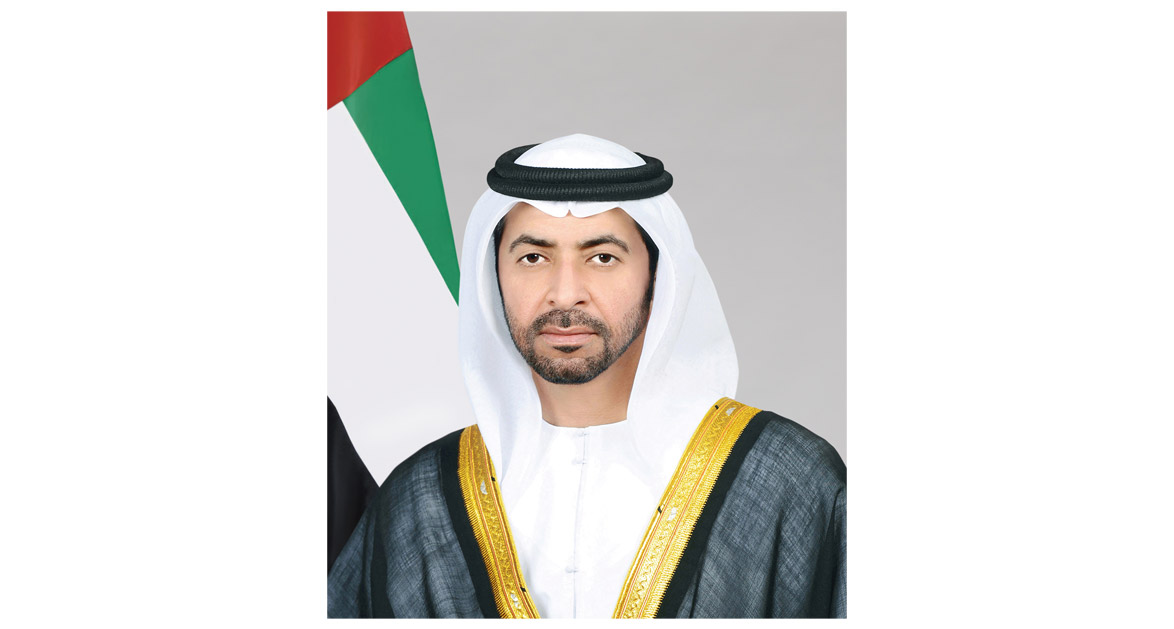H.H. Sheikh Hamdan bin Zayed Al Nahyan, Ruler's Representative in Al Dhafra Region and Chairman of the Environment Agency – Abu Dhabi (EAD), issued Decree No. (6) of 2024 regarding the issuance of a policy to protect soil from degradation in the emirate of Abu Dhabi.

The Decree stipulates that EAD, in coordination with the concerned entities, will follow up on the policy instruments contained in the policy and implement them according to its time plan.
The Agency will also oversee the analysis of the impacts resulting from the policy's implementation, utilising systematic and organised procedures that will contribute to achieving the policy's objectives.
The policy aims to ensure soil sustainability and optimal use to support sustainable development plans in the emirate. Its objectives include strengthening regulatory frameworks, adopting sustainable land and soil management systems, preserving public health and ecosystems, in addition to raising awareness of the importance of soil and reducing its degradation.
EAD, in close cooperation with the emirate's government agencies, Abu Dhabi National Oil Company (ADNOC), and Abu Dhabi Ports, supervised the preparation of this policy and ensured its alignment with national policies.
The policy reviews the current situation, challenges, and impacts of soil quality deterioration in Abu Dhabi and its legal framework. This policy will be applied to various soil types and uses within the sectors of urban development and planning, the industrial sector, the agricultural sector, and the oil and gas exploration sector, in addition to coastal areas and terrestrial protected areas.
Dr. Shaikha Salem Al Dhaheri, EAD Secretary-General, said, "The Emirate of Abu Dhabi is working to preserve soil quality to support economic, social, and environmental development plans, which contributes to achieving the sustainable development goals of the UAE. These efforts are in line with the priorities of the emirate's Environmental Centennial 2071, which includes a special theme entitled 'Soil and Water for Life to Thrive.'
She added that the strategies of the relevant governmental entities also include indicators and strategic objectives that support the implementation of this vital policy, which enhances the rehabilitation of 80 per cent of degraded lands by 2030.
Abu Dhabi has diverse terrestrial ecosystems, including desert sands, Jebel Hafeet and wadis in Al Ain, plains and dunes, and coastal sabkhas. The emirate's soil faces many challenges, including soil erosion and salinisation, low levels of organic matter, and signs of poor soil quality in some locations. In response to these challenges, the policy will be implemented to protect and optimise soil use.
